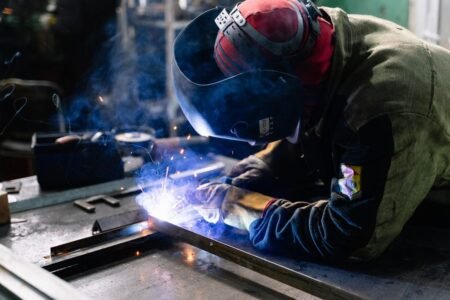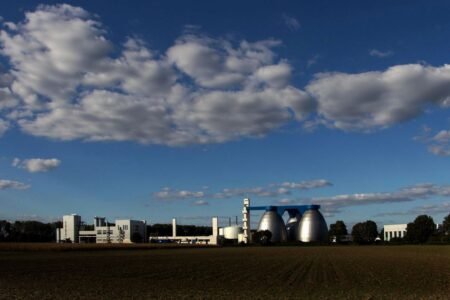Since industrial competitiveness is of central importance for the Commission, on the basis of the Communication “Implementing the Community Lisbon Programme: A policy framework to strengthen EU manufacturing” a High Level Group on the Competitiveness of the European Chemicals Industry in the European Union was set up.
Advertisement
“Implementing the Community Lisbon Programme: A policy framework to strengthen EU manufacturing”
The overall purpose of this High Level Group (HLG) was to conduct a sound economic and statistical analysis of the factors determining the rapid structural change in the chemicals sector, and the competitive position of the European chemicals industry. Based on this analysis the High Level Group formulated a set of sector-specific policy recommendations that can be put into action by the Community, Member States, or by industry itself, in order to enhance the competitiveness of the European chemicals industry in accordance with the principles of sustainable development.
The Group members [57 KB] were Commissioners, representatives of the chemicals industry and its downstream users, trade unions, academia, environmental NGO’s and consumer organisations. They benefited of the contribution of experts organised in thematic working groups whose main role was to bring robust factual knowledge to feed the High Level Group discussion.
The first meeting of the High Level Group took place on 10 September 2007 and the last one took place on 19 February 2009.
Sustainable Development in the Chemicals Sector
The principle of Sustainable Development is set out in the Treaty on European Union. Sustainable Development as a concept aims to meet human needs of the present generation without compromising the ability of future generations to meet their legitimate needs.
The European Union is strongly committed to sustainable development. Global warming and use of the world’s dwindling natural resources are on the top of the political agenda in recent years. The chemicals industry will have a key role in finding solutions for new materials and technologies to increase sustainability.
The challenge is to find the right balance between EU’s environmental, economic and social priorities. This includes trying to draft policies to improve the EU’s industrial, economic and commercial competitiveness, while giving due consideration to the planet’s future prospects. This is huge challenge, particularly as many of Europe’s competitors in the global economy do not place as much emphasis on sustainable development.
Competitiveness and Industrial Policy documents
International activities related to chemical safety and trade:
- Global Harmonisation of Chemical Classification and Labelling Systems (GHS)
- Good Laboratory Practice (GLP)
- International Rubber Study Group (IRSG)
- Tariffs and non-tariff barriers
Source: European Commission







